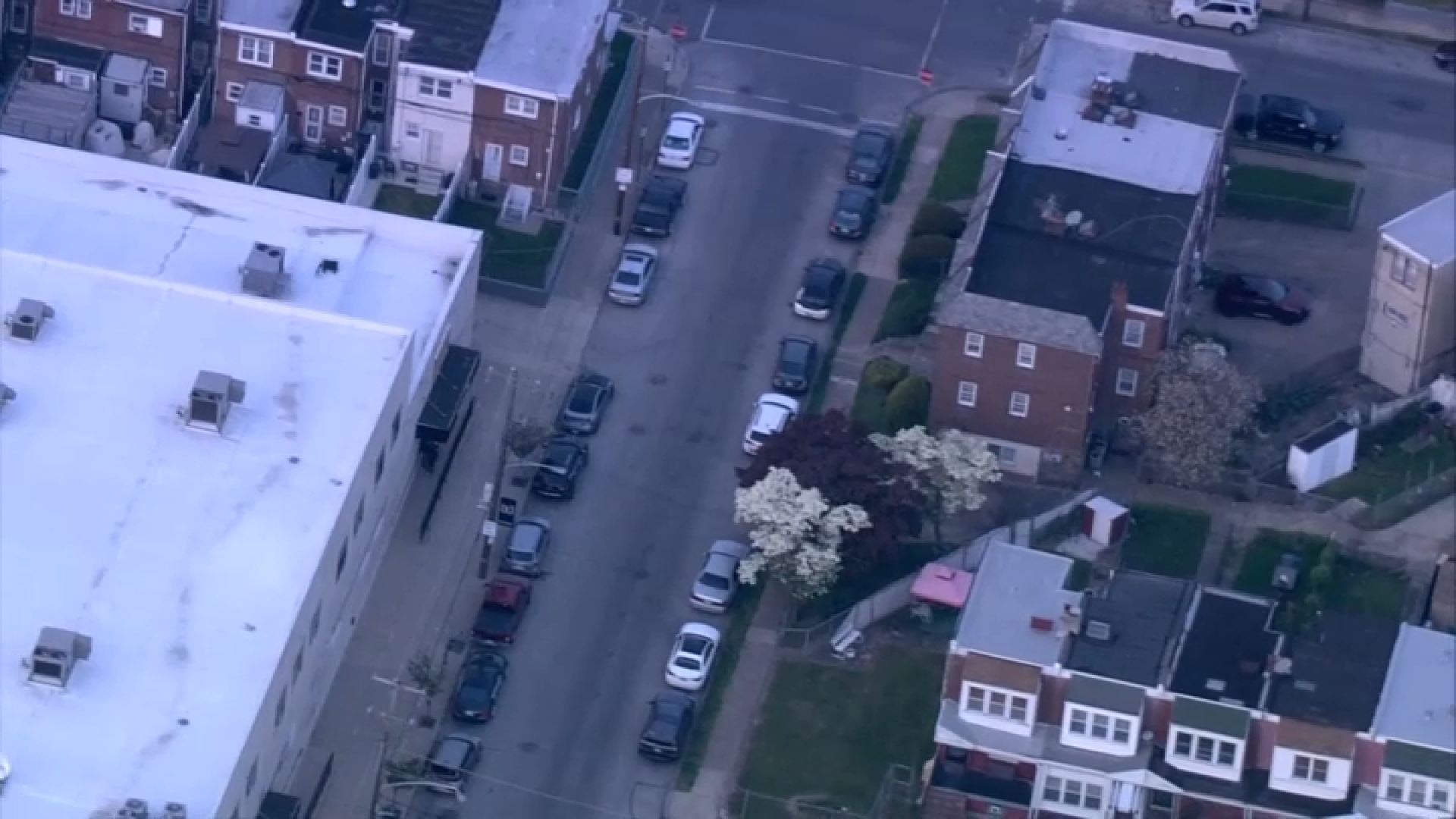
More than 90 years after he became the youngest person to be executed in Pennsylvania's history, charges have been dismissed against a Black teen who was sentenced to death by an all-white jury.
District Attorney Jack Stollsteimer announced Monday that the case against Alexander McClay Williams has been nol prossed following a successful joint motion.
“By acting to nol pros the case against Williams, today’s decision is an acknowledgement that the charges against him should never have been brought,” a spokesperson for the Delaware County District Attorney’s Office wrote.
Williams, a 16-year-old Black student at the Glen Mills School for Boys, was convicted and sentenced to death at the Media Courthouse on February 27, 1931. He remains the youngest person executed in Pennsylvania’s history.
Get Philly local news, weather forecasts, sports and entertainment stories to your inbox. Sign up for NBC Philadelphia newsletters.
“Sadly, we cannot undo the past. We cannot rewrite history to erase the egregious wrongs of our forebearers,” Stollsteimer said. “However, when, as here, justice can be served by publicly acknowledging such a wrong, we must seize that opportunity."
On October 3, 1930, 34-year-old Vida Robare, a white house matron at the Glen Mills School for Boys, was found murdered inside her cottage on the school grounds. Her body was discovered by her ex-husband Fred Robare, who was also an employee at the school.
Williams was arrested and charged with Robare’s murder. On October 24, 1930, William H. Ridley, the first African American lawyer to join the Delaware County Bar Association, was appointed to represent Williams.
Local
Breaking news and the stories that matter to your neighborhood.
During the 17 days between Williams’ arrest and Ridley’s appointment, the teen signed three separate murder confessions and had been interrogated five times without an attorney or parent present.
“Williams ‘confessed’ to the crime, despite the lack of eyewitnesses or direct evidence implicating him,” a Delaware County District Attorney’s Office spokesperson wrote.
Ridley was paid $10 by the Court for expenses (the equivalent of $173 today) and had only 74 days to establish a defense for Williams, without any help from investigators, experts or resources.
The trial lasted less than two days and the all-white jury found Williams guilty in less than four hours. No appeal was ever filed.
Officials say evidence in Williams’ favor was either ignored or unexamined, including a bloody handprint from a full-grown man that was found and photographed by state police near the door of the crime scene and examined by fingerprint experts but never publicly identified or mentioned during the trial.
Officials also said Robare had divorced her estranged husband due to his “extreme cruelty” yet he was never considered a suspect in her murder.
“We certainly recognize that the actions taken in 1930 were before Miranda and Gideon became the law of the land,” Stollsteimer said. “However, this young man was entitled to the protections of our Constitution, particularly the Fifth Amendment’s protections against self-incrimination and the Sixth Amendment’s right to counsel. We believe that this young man’s constitutional protections were violated in an irreparable way.”
For decades, Williams’ sole surviving sister, 92-year-old Susie Carter, as well as Sam Lemon, Ridley’s great-grandson, worked to show the inconsistencies in evidence as well as the unfair way the case was handled. Finally, in 2017, Williams’ record was expunged.
“Today’s action was only possible because of the work of Sam Lemon and his counsel, Robert Keller, Esq,” Stollsteimer said. “Mr. Lemon has spent years researching this case, and together with Mr. Keller, he has worked with our office and the courts to find a mechanism for the legal system to redress this heartbreaking miscarriage of justice. They both deserve our thanks for their tenacious pursuit of justice.”



